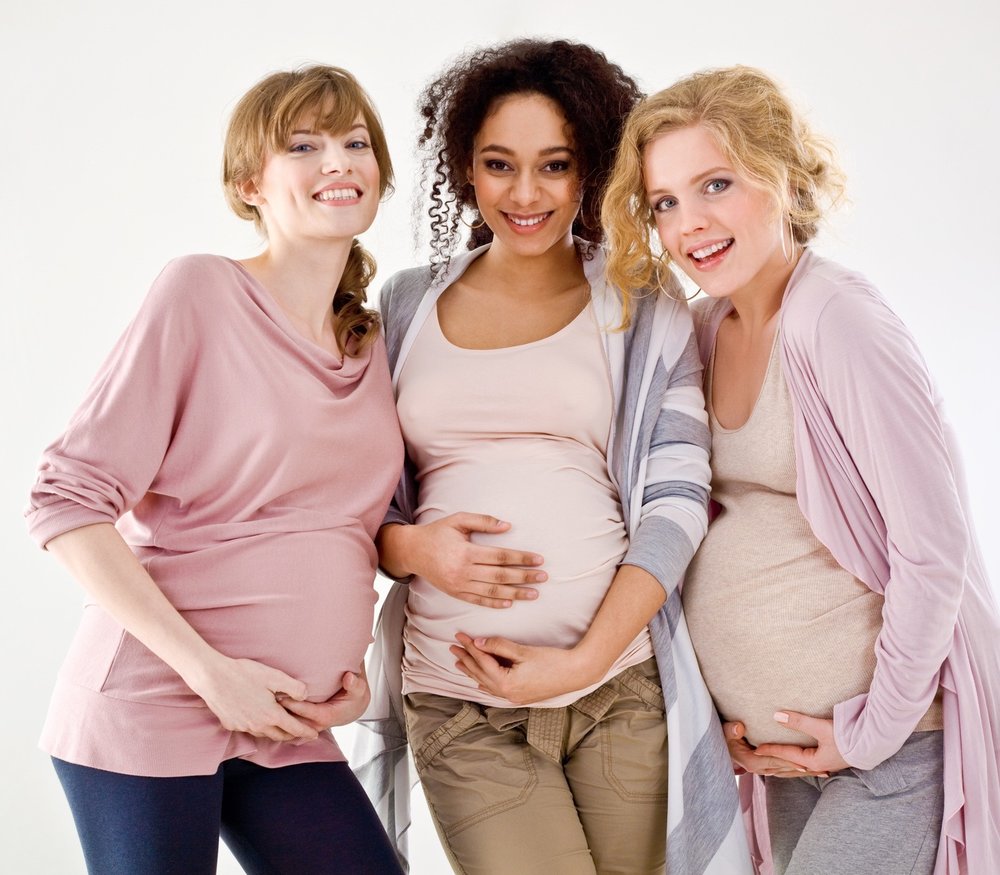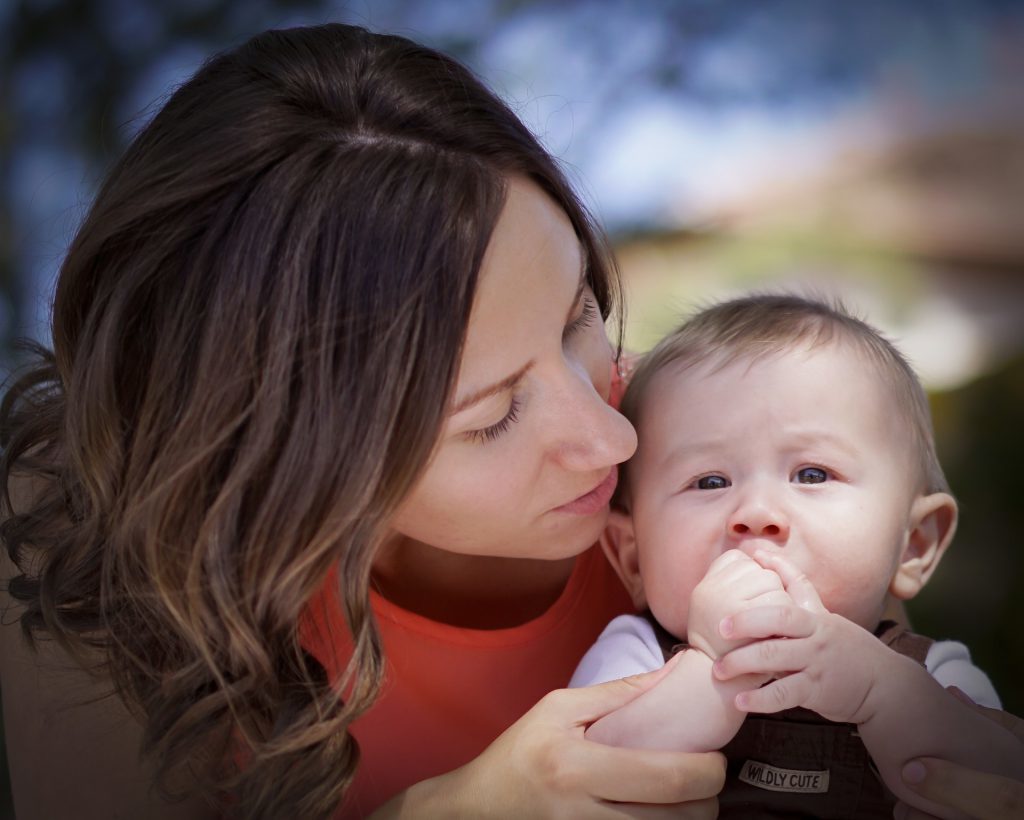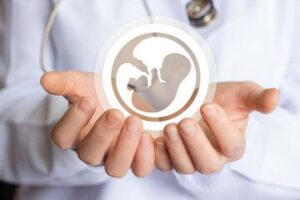Geriatric Pregnancy Guide: Navigating a Healthy Journey

Geriatric pregnancy is a term used to describe pregnancy in women 35 years of age and older. The term “advanced maternal age” is the more recent term used to describe pregnant individuals who are over the age of 35. This age threshold marks a juncture where the expectant parent and the developing fetus face an elevated likelihood of encountering specific complications.
Referred to as “advanced maternal age” or AMA in medical circles, this trend has prompted discussions about potential risks and benefits associated with pregnancies in this age group. Let’s delve into the realities of getting pregnant after the age of 35, debunking myths, and exploring the truths.
What is Geriatric Pregnancy?
Geriatric pregnancy is used to describe pregnancy in women who are older than 35 years of age or for women with advanced maternal age. The word “Geriatric Pregnancy” is designed to highlight the enhanced danger of complications that may happen with such pregnancies, such as conceiving trouble, birth defects, miscarriage, gestational diabetes, and high blood pressure.
Each woman starts with a set number of follicles in their ovaries. Women become less fertile and have less probability of becoming pregnant as the number of eggs declines with age.
Women’s fertility is highest in their late adolescents up to the twenties; by age 30 fertility starts to decline — and after a woman’s mid-30s the decrease becomes faster. For this reason, getting pregnant is more difficult for elderly females.
And, after 35 pregnancies, for several reasons, have a greater risk of complications. First of all, older female eggs are more probable to have abnormal chromosomes that may trigger genetic illnesses in the fetus.
With age, females are more likely to have circumstances that decrease fertility and boost the risk of complications of pregnancy; these circumstances include endometriosis, uterine fibroids, diabetes, and elevated blood pressure. (Young females with these circumstances are also considered to be pregnant at high risk).
According to a comprehensive report by the Centers for Disease Control and Prevention (CDC) in 2014, first-time births for those between 35 and 39 years old have risen significantly since the 1970s. Furthermore, pregnancies occurring in the 40s have also become more common. Although yearly birth rates might fluctuate, the trend of having children at an older age has become more accepted and prevalent in society.
More resources on this topic:
But Maternal Age is Changing
Nowadays, more women than ever before are having babies after 35 years of age and with healthy pregnancies as well.
As per the Centers for Disease Control and Prevention, the number of women having babies after 35 years of age is higher than before in all races.
Nowadays most women are having babies later in their life. For example, in 2016 for women 40 to 44, the provisional birth rate was 11.4 births per 1,000 women, up 4 % from 2015, which is the highest rate since 1966 for this age group.
There is a geographic and cultural divide in older women related to pregnancy. This difference is due to educational and socioeconomic disparities. Women who are currently working or who have financially meant to go to school and are currently in high-paid jobs wait longer to have a kid and focus on their careers first.
 Effects of the increased age of the mothers
Effects of the increased age of the mothers
There is no wrong or right age to have children. But most women choose to start a family past their twenties. The main ill effects of choosing pregnancy after the age of 35 years are the lower fertility rate and complications in the pregnancy associated with geriatric pregnancy. Here is the list of all such consequences –
- Lowe fertility rate
- Lower birth rate
- Having more twins and triplets relating to the infertility treatments like IVF or IVF with egg donors,s, particularly by the use of single embryo transfer
- Pre-mature baby birth
- Lower birth weight in the baby
- Chromosome defects in the baby or birth defects
- Risk of stillbirth
- C-section birth
- A complication in the mother like high blood pressure
Infertility treatments for advance age of mothers
Earlier women used to feel bound by their biological clock ticking so fast. But Infertility treatments are an important aspect today to help women of advanced age to have babies in their later life.
These treatments not only help the women to go for geriatric pregnancy but also make them more comfortable in going with geriatric pregnancy.
Now, fertility treatments help females to conceive much later. These treatments offer both first-time mothers and those with secondary infertility alternatives. It enables females to meet their dreams of creating a family with their partners.
Read the related topic:
Before going for geriatric pregnancy take care of two things –
- Before becoming pregnant, see an Obstetrician-gynaecologist (OB / GYN) or midwife and get a health plan for preconceptions. Your gynecologist will assist to ensure that you are safe before you become pregnant, discuss your medical history and individual hazards, review the medicines you are taking to detect any problems that might cause and address any health issues before you attempt to conceive. Based on your particular medical history, they can help you in determining the best alternatives.
- Make and maintain your appointments for prenatal care. Prenatal care is essential for preventing, identifying, and addressing complications and ensuring a good birth and pregnancy. Babies born to females who have not received appropriate prenatal care are three times more probable to experience low birth weight and other problems. Important health indicators, including blood pressure, blood sugar concentrations, and weight, are tracked during prenatal appointments. In order to recognize any circumstances or hazards that may have arisen, specific screenings like a marker and double marker are also conducted at important milestones during pregnancy.
Risks related to geriatric pregnancies
The downside of geriatric pregnancy is the fact that it will result in more complications of pregnancy. There are many risks related to geriatric pregnancy. Here is the list for all of them –
- Higher risks for the multiples – Older women are more likely to have twins or triplets as compared to younger women regardless of the fact whether they use IVF or not. Using IVF creates a high probability of having twins and triplets so does getting pregnant at an older age due to hormones.
- Fertility problems – Women have a pre-decided number of eggs. With older age, these eggs start to decrease in count, as a result, it can cause fertility problems and makes it harder to conceive a child.
- Gestational Diabetes – This type of diabetes is specific to pregnant women. This may result in a heavyweight baby which will be a complication for both the mother and the child.
- Pre-eclampsia – Having high blood pressure during pregnancy will increase the need of the mother for mentoring during pregnancy to reduce complications.
- Pregnancy Loss – As women grow in age, the eggs become weak. As a result, the chances of both miscarriage and stillbirth increase in older women. This can also be related to the high rates of chromosomal abnormalities.
- Higher risk of C-section – Being pregnant at an older age makes you most commonly go for surgery. So, the risks are higher in C-section surgery as well.
- Abnormalities in Chromosome – As we already know that women have a predetermined number of eggs, the quantity of eggs decreases with age. Not only the quantity, but the quality also drops with age. This puts women of a higher age to be at a higher risk of having a baby with chromosomal abnormalities.
Benefits of geriatric pregnancies
Contrary to the narrative that solely focuses on risks, there are also several benefits associated with becoming a parent after age 35. The CDC highlights that individuals who wait to have children often have additional resources to provide for their families, including higher incomes and enhanced education.
This shift in societal norms has allowed people to be more prepared financially and emotionally for parenthood, fostering a supportive environment for the child’s growth and development.
What you should do to make your geriatric pregnancy easy?
Pregnancy over the age of 35 can be perfectly fine for many women. So, instead of getting stressed about any negative outcome, ladies are encouraged to speak to the doctor about how they can have a safe and secure pregnancy and baby birth. To aim is to avoid complications for both the mother and the baby and make healthy choices.
In general, you can do the following to avoid the complication of geriatric pregnancy.
- Exercise regularly
- Having a healthy nutritious diet will help
- Seek medical attention as and when needed
- Be prepared by taking prenatal vitamins and Folic acid before conceiving
- Avoid stress or substance abuse including drugs, alcohol, or smoking
 Conclusion for Geriatric Pregnancy
Conclusion for Geriatric Pregnancy
Therefore, there are many factors related to geriatric pregnancy. One should keep all the factors in mind and should opt for overall health and then only should opt for pregnancy.
The only benefit of geriatric pregnancy is that women do have more resources to take care of the baby and are economically empowered at a higher age.
In the case of gestational surrogacy, the chances of having a Geriatric Pregnancy is less as fertility expert choose a younger surrogate mother. Still, at some time when you do surrogacy with family members or friends, you might end up having a lady who is in the higher age group. So, in that case, it is good to be aware of the precautions needed for Geriatric Pregnancy.
Are you planning a family building or looking for infertility services, get in touch with us for a free consultation.
If you’d like to learn more about IVF, Egg Donation, or international surrogacy services globally, check out the rest of our website at IVF Conceptions. We offer legally secure and affordable surrogacy consulting services FREE of cost.
FAQs for What is Geriatric Pregnancy?
What is the definition of geriatric pregnancy?
A geriatric pregnancy, also known as an advanced maternal age pregnancy, refers to a pregnancy in which the mother is 35 years of age or older. This age is considered advanced due to the increased potential for certain medical and obstetric complications compared to pregnancies in younger women.
At what age does a pregnancy become geriatric?
A pregnancy is considered geriatric or of advanced maternal age when the mother is 35 years old or older at the time of conception. This age threshold is used due to the higher likelihood of certain health and pregnancy-related risks for both the mother and the baby.
Are there increased risks associated with geriatric pregnancies?
Yes, geriatric pregnancies come with increased risks compared to pregnancies in younger women. These risks may include a higher chance of gestational diabetes, preeclampsia, chromosomal abnormalities (such as Down syndrome), miscarriage, preterm birth, and cesarean delivery. Regular prenatal care and medical supervision are crucial to mitigate these potential risks.
What are the benefits of prenatal care during geriatric pregnancies?
Prenatal care during geriatric pregnancies offers several benefits, including early detection and management of potential complications.
It helps monitor the health of both the mother and the baby, provides guidance on nutrition and exercise, and ensures proper screening for conditions like gestational diabetes and preeclampsia. Prenatal care enhances the chances of a healthy pregnancy outcome for both mother and child.
How can women optimize their health for a geriatric pregnancy?
Women can optimize their health for a geriatric pregnancy by:
- Preconception Planning: Consulting a healthcare provider before conceiving to address any existing health conditions.
- Maintaining a Healthy Lifestyle: Following a balanced diet, staying physically active, and managing stress.
- Taking Prenatal Vitamins: Ensuring intake of essential nutrients like folic acid and iron before and during pregnancy.
- Regular Prenatal Check-ups: Attending all prenatal appointments to monitor the pregnancy’s progress and address any concerns promptly.
- Avoiding Harmful Substances: Quitting smoking, limiting alcohol intake, and avoiding exposure to harmful chemicals.
- Staying Hydrated: Drinking adequate water throughout the day to support the body’s changing needs.
- Getting Enough Rest: Prioritizing sleep to support the body’s healing and rejuvenation.

 Effects of the increased age of the mothers
Effects of the increased age of the mothers
 Conclusion for Geriatric Pregnancy
Conclusion for Geriatric Pregnancy
